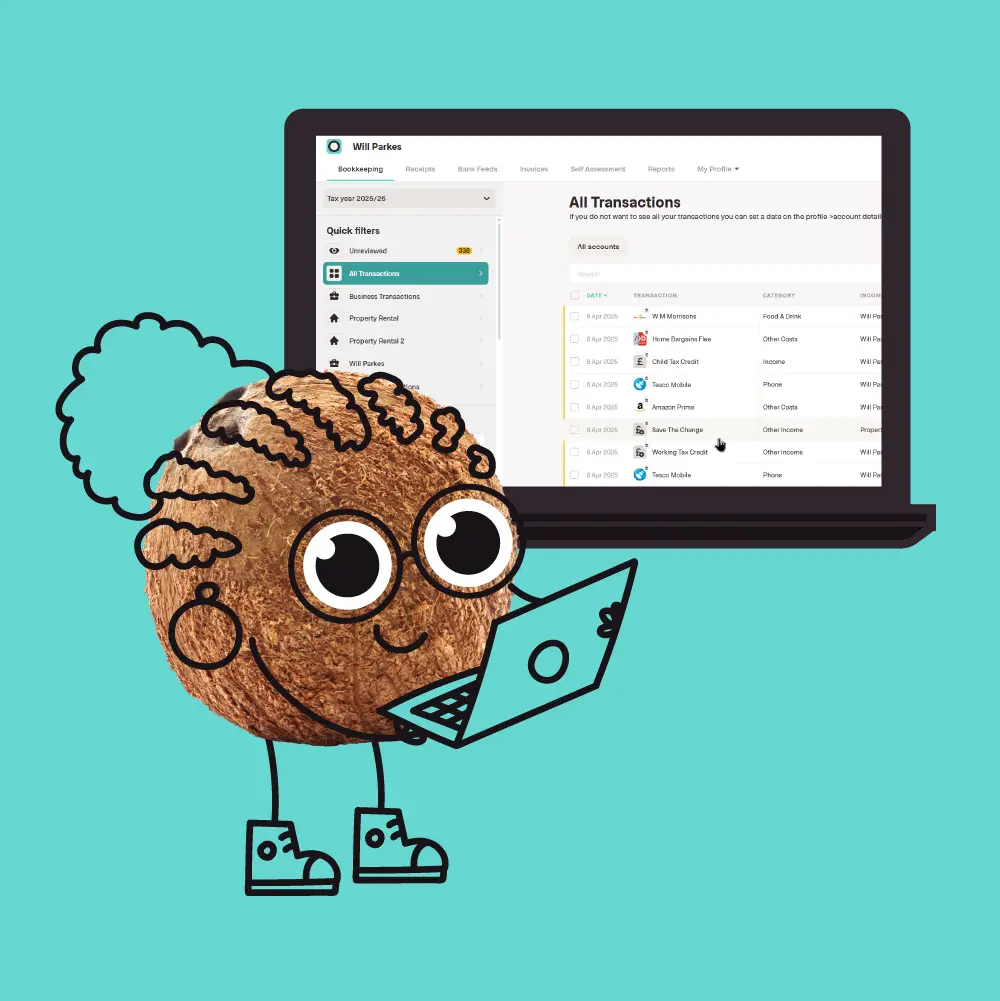Update 23/09/22: please note that some of these changes have since been superseded by the mini-budget of 23rd September 2022.
On March 23rd 2022, Rishi Sunak delivered his Spring Statement to Parliament—giving an update on the health of the UK economy, as well as a number of changes that will be coming into effect in the coming weeks and months.
Some of these changes will have a direct impact on self-employed people working as sole traders. Below, we’ve summarised the key announcements that you need to know about, and how each one will impact you in the year ahead.
National Insurance
What Rishi said: From April 2022, self-employed individuals with profits between the Small Profits Threshold (£6,725) and Lower Profits Limit (£9,880) will not pay Class 2 NICs (National Insurance Contributions). And from July 2022, the threshold at which both employees and self-employed people start to pay any Class 1 or Class 4 National Insurance will rise to £12,750.
What this means for self-employed people: In short, self-employed people—particularly lower earners—will pay less National Insurance over the course of the tax year.
The Chancellor said these NI changes will mean a £6 billion tax cut for 30 million people, and that around 70% of all National Insurance payers will pay less in NICs, even after accounting for the introduction of the Health and Social Care Levy.
Check out this table displaying 2022/23 National Insurance rates for self-employed people.
Income Tax
What Rishi said: The Chancellor pledged to cut the basic rate of income tax from 20p to 19p in the pound before the end of the current Parliament (2024).
What this means for self-employed people: For this tax year: nothing. But if the government follows through on this promise, then as a sole trader, you can expect to pay less income tax on your profits in the next tax year.
Find more information on self-employed tax rates for the 2022/23 tax year.
The economy
What Rishi said: Due to the war in Ukraine, Sunak said that there was “unusually high uncertainty” around what will happen to the economy, and that he anticipates lower economic growth than previously expected. He also expects inflation to average 7.4% this year.
What this means for self-employed people: Keeping on top of inflation rates is crucial when you’re setting your freelance rates for the year ahead. Make sure you’re reflecting changes like this in the economy, to ensure you’re not selling yourself short.
Other key announcements in the Spring Statement:
Household Support Fund
This £500 million fund was set up by the government last year, with the goal of helping the poorest households. Sunak said it would be doubled to £1 billion from April to provide further support for families with the cost of living.
Fuel duty
Fuel duty will be cut by 5p per litre from 6pm on 23rd March 2022. The lower rate will remain in place for a year.
Energy efficiency measures
VAT on energy saving measures such as solar panels and heat pumps has been cut to zero (from 5%). The Chancellor said this would result in a £1,000 reduction in the cost of installing a solar panel.












